The Benefits of Stem Cell Therapy for MS in Guadalajara
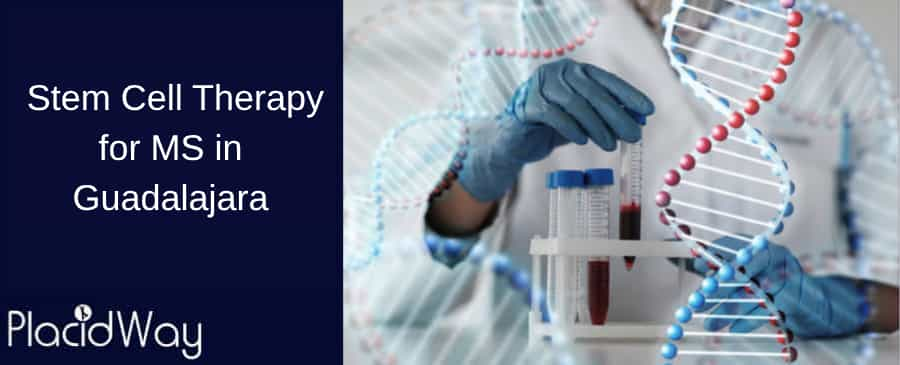
Multiple Sclerosis (MS) is a complex autoimmune condition that affects the brain and spinal cord, leading to a wide range of symptoms. For many living with MS, traditional treatments primarily focus on managing symptoms and slowing disease progression. However, stem cell therapy for Multiple Sclerosis in Guadalajara is emerging as a promising and often more accessible alternative, offering potential benefits that go beyond conventional approaches. This innovative treatment aims to reset the immune system and promote neurological repair, providing hope for improved quality of life. Guadalajara has become a recognized destination for this therapy, attracting patients due to its advanced medical facilities, experienced specialists, and competitive costs.
What are the primary benefits of stem cell therapy for MS in Guadalajara?
"The primary benefits of stem cell therapy for MS in Guadalajara include slowing the progression of the disease, reducing the frequency and severity of relapses, improving neurological function, and enhancing overall quality of life."
Patients who undergo stem cell therapy for Multiple Sclerosis may experience a variety of positive outcomes. One of the most significant is the potential to halt or slow down the advancement of the disease, which is a primary goal of any MS treatment. Many individuals also report a noticeable reduction in the number of relapses they experience, leading to greater stability in their condition. Furthermore, improvements in neurological function are a key benefit. This can manifest as enhanced mobility, better balance and coordination, reduced fatigue, and improved bladder and bowel control. Ultimately, these improvements can lead to a greater sense of independence and a significantly better quality of life.
How does stem cell therapy work to improve MS symptoms?
"Stem cell therapy for MS works by modulating the overactive immune system, reducing inflammation in the central nervous system, and promoting the repair and regeneration of the damaged myelin sheath around nerves."
The therapeutic effects of stem cell therapy for Multiple Sclerosis are multifaceted. By calming the immune system, stem cells can reduce the autoimmune attacks that characterize MS, where the body mistakenly targets its own myelin. This reduction in inflammation helps to protect the nerves from further damage. Additionally, stem cells release growth factors and other signaling molecules that can encourage the body's natural repair mechanisms. This can lead to the regeneration of the myelin sheath, a process known as remyelination, which can improve nerve function and alleviate symptoms like weakness, numbness, and spasticity.
What types of stem cell therapy are commonly used for MS in Guadalajara?
"The most common types of stem cell therapy for MS in Guadalajara are Autologous Hematopoietic Stem Cell Transplantation (AHSCT) and Mesenchymal Stem Cell (MSC) therapy, both aiming to modulate the immune system and promote repair."
Autologous Hematopoietic Stem Cell Transplantation (AHSCT) involves harvesting hematopoietic stem cells from the patient's own bone marrow or blood. The patient then undergoes a process of chemotherapy to essentially "reboot" the existing immune system. The harvested stem cells are then reintroduced into the patient's body to rebuild a new, healthy immune system that no longer attacks the myelin sheath. This intensive procedure aims to halt the disease progression. Mesenchymal Stem Cell (MSC) therapy, on the other hand, involves harvesting mesenchymal stem cells from the patient's bone marrow or adipose (fat) tissue. These cells have strong anti-inflammatory and immunomodulatory properties and can help repair damaged tissues. MSC therapy is generally less aggressive than AHSCT and does not typically involve chemotherapy, primarily focusing on reducing inflammation and promoting healing.
What is the cost of stem cell therapy for MS in Guadalajara?
"The cost of stem cell therapy for MS in Guadalajara typically ranges from $5,000 to $20,000, depending on the type of therapy, the number of cells administered, and the specific clinic."
The price for stem cell therapy for Multiple Sclerosis in Guadalajara can vary significantly. Factors influencing the cost include whether the patient undergoes AHSCT or MSC therapy, the protocol used by the clinic, the number of stem cells infused, and any additional treatments or services included in the package (such as post-treatment care, accommodation, or transportation). Compared to countries like the United States or Europe, Guadalajara often offers significantly more affordable options without compromising on the quality of care or the expertise of medical professionals.
How long does it take to see results after stem cell therapy for MS?
"The timeline for seeing results from stem cell therapy for MS can vary widely among individuals, with some patients noticing improvements within a few weeks, while for others, it may take several months to a year to see the full benefits."
It's important to understand that stem cell therapy is not an instant cure, and the body needs time to respond and heal. The onset and degree of improvement depend on various factors, including the individual's overall health, the severity and type of MS, the specific stem cell protocol used, and how well their body responds to the treatment. Some patients report feeling initial changes in energy levels or symptom reduction relatively quickly, while more significant neurological improvements, such as enhanced mobility or reduced spasticity, may take a longer period as the body regenerates and rebalances.
Is stem cell therapy for MS approved in Mexico?
"While stem cell therapy for MS is not universally 'approved' in the same way as conventional pharmaceutical drugs, Mexico has a more progressive regulatory environment for regenerative medicine, allowing clinics to offer these treatments legally under specific guidelines."
In Mexico, stem cell therapies are regulated by the Federal Commission for the Protection against Sanitary Risks (COFEPRIS). While some specific stem cell treatments may not have full governmental "approval" for widespread use like standard medications, many clinics operate under a framework that permits the use of autologous (from the patient's own body) or allogeneic (from a donor, often umbilical cord or placental tissue) mesenchymal stem cells for various conditions, including MS. Patients should ensure they choose reputable clinics that adhere to international safety and quality standards.
What should I expect during the stem cell therapy process in Guadalajara?
"The stem cell therapy process in Guadalajara typically involves an initial consultation and evaluation, stem cell harvesting (if autologous), laboratory processing, stem cell infusion, and post-treatment care and monitoring."
The journey usually begins with a thorough medical evaluation, where specialists review the patient's medical history, conduct diagnostic tests, and determine if they are a suitable candidate for stem cell therapy for Multiple Sclerosis. If approved, for autologous treatments, stem cells are harvested from the patient's bone marrow or adipose tissue using a minimally invasive procedure. These cells are then processed in a specialized laboratory to concentrate and prepare them. The processed stem cells are then infused back into the patient, often intravenously or sometimes directly into specific areas, depending on the treatment plan. Post-treatment care and follow-up are crucial for monitoring progress and ensuring optimal outcomes.
Are there any risks associated with stem cell therapy for MS?
"Like any medical procedure, stem cell therapy for MS carries potential risks, including infection, immune reaction, or complications related to the cell harvesting or infusion process, though serious complications are generally rare in reputable clinics."
While many patients experience positive outcomes, it's important to be aware of potential risks. These can include minor side effects such as fever, chills, or headache immediately following the infusion. More significant risks, though infrequent, can involve infection at the site of injection or harvesting, adverse immune reactions (especially with allogeneic cells, though less common with MSCs), or complications related to the anesthesia or procedure itself. Choosing a highly experienced and certified clinic in Guadalajara that follows strict safety protocols is paramount to minimizing these risks.
How do I choose a reputable clinic for stem cell therapy for MS in Guadalajara?
"When choosing a reputable clinic for stem cell therapy for MS in Guadalajara, look for clinics with international accreditations, experienced medical teams (including neurologists specializing in MS and regenerative medicine), transparent pricing, positive patient testimonials, and clear communication regarding treatment protocols."
Selecting the right clinic is a critical step. Research clinics thoroughly, checking for certifications from recognized medical bodies, and ensuring their medical staff are highly qualified and specialized in both Multiple Sclerosis and regenerative medicine. Transparency in pricing and clear explanations of the treatment plan are vital. Reading patient testimonials and seeking references can also provide valuable insights into the clinic's quality of care and patient satisfaction. A reputable clinic will prioritize patient safety and offer comprehensive post-treatment support.
What is the success rate of stem cell therapy for MS in Guadalajara?
"While definitive, large-scale clinical trials for all types of stem cell therapy for MS in Guadalajara are ongoing, many clinics report high patient satisfaction and positive outcomes, with some studies indicating a significant reduction in disease progression and improved quality of life for a notable percentage of patients."
Success rates for stem cell therapy for Multiple Sclerosis can vary depending on the type of MS, the severity of the condition, the specific stem cell protocol used, and individual patient factors. While some sources cite success rates ranging from 60% to 80% in terms of slowing disease progression and improving symptoms, it's important to consult with a medical professional at a chosen clinic for a realistic assessment based on your individual case. Many patients experience notable improvements in their symptoms, stability in their condition, and overall well-being.
Can stem cell therapy reverse MS damage?
"While stem cell therapy for MS primarily aims to halt disease progression and promote repair, it can contribute to remyelination and nerve regeneration, potentially reversing some existing damage and improving neurological function."
The goal of stem cell therapy is often to "reset" the immune system and create an environment conducive to healing. While complete reversal of all damage may not always be possible, especially in advanced stages of MS, the regenerative properties of stem cells can lead to significant improvements. By fostering remyelination (the repair of the myelin sheath) and supporting the health of neurons, stem cell therapy can help recover lost functions and reduce the impact of neurological damage, leading to a noticeable improvement in symptoms and overall functional abilities.
What is the recovery process like after stem cell therapy for MS?
"The recovery process after stem cell therapy for MS typically involves a period of rest and monitoring, with patients often advised to gradually resume normal activities, and continued follow-up with their medical team for several months."
Immediately after the stem cell infusion, patients may experience mild fatigue or flu-like symptoms, which are generally temporary. The recovery period will vary depending on the type of stem cell therapy received (e.g., AHSCT involves a more intensive recovery due to chemotherapy) and the individual's response. Clinics in Guadalajara often provide detailed post-treatment instructions, which may include dietary recommendations, activity restrictions, and a schedule for follow-up appointments. Continued monitoring of symptoms and neurological function is crucial to track progress and adjust any ongoing supportive therapies.
Are there any eligibility criteria for stem cell therapy for MS in Guadalajara?
"Yes, eligibility criteria for stem cell therapy for MS in Guadalajara vary by clinic and type of therapy but generally include a confirmed diagnosis of MS, certain disease activity levels, overall good health, and an assessment of individual suitability by the medical team."
Clinics typically have specific guidelines to determine if a patient is a suitable candidate for stem cell therapy. These often include factors such as the type and stage of MS (e.g., relapsing-remitting MS or certain progressive forms), the patient's age, the presence of other significant health conditions (comorbidities), and prior treatments received. A thorough medical evaluation, including a review of medical records and diagnostic imaging, will be conducted by the medical team in Guadalajara to assess eligibility and determine the most appropriate treatment plan.
If you are exploring options for Multiple Sclerosis treatment and are considering stem cell therapy in Guadalajara, we encourage you to explore PlacidWay for solutions related to medical tourism and healthcare services.


.png)
.png)


.png)
.png)
.png)
.png)
.png)
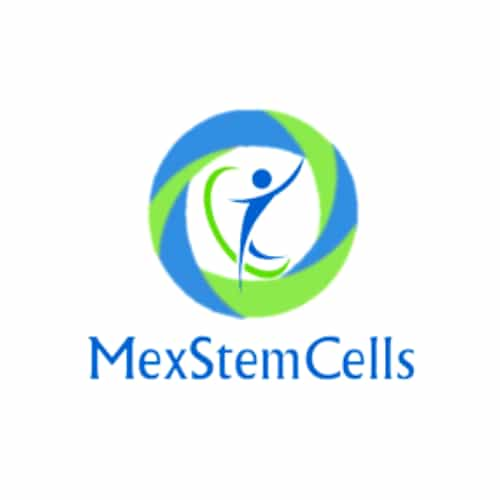
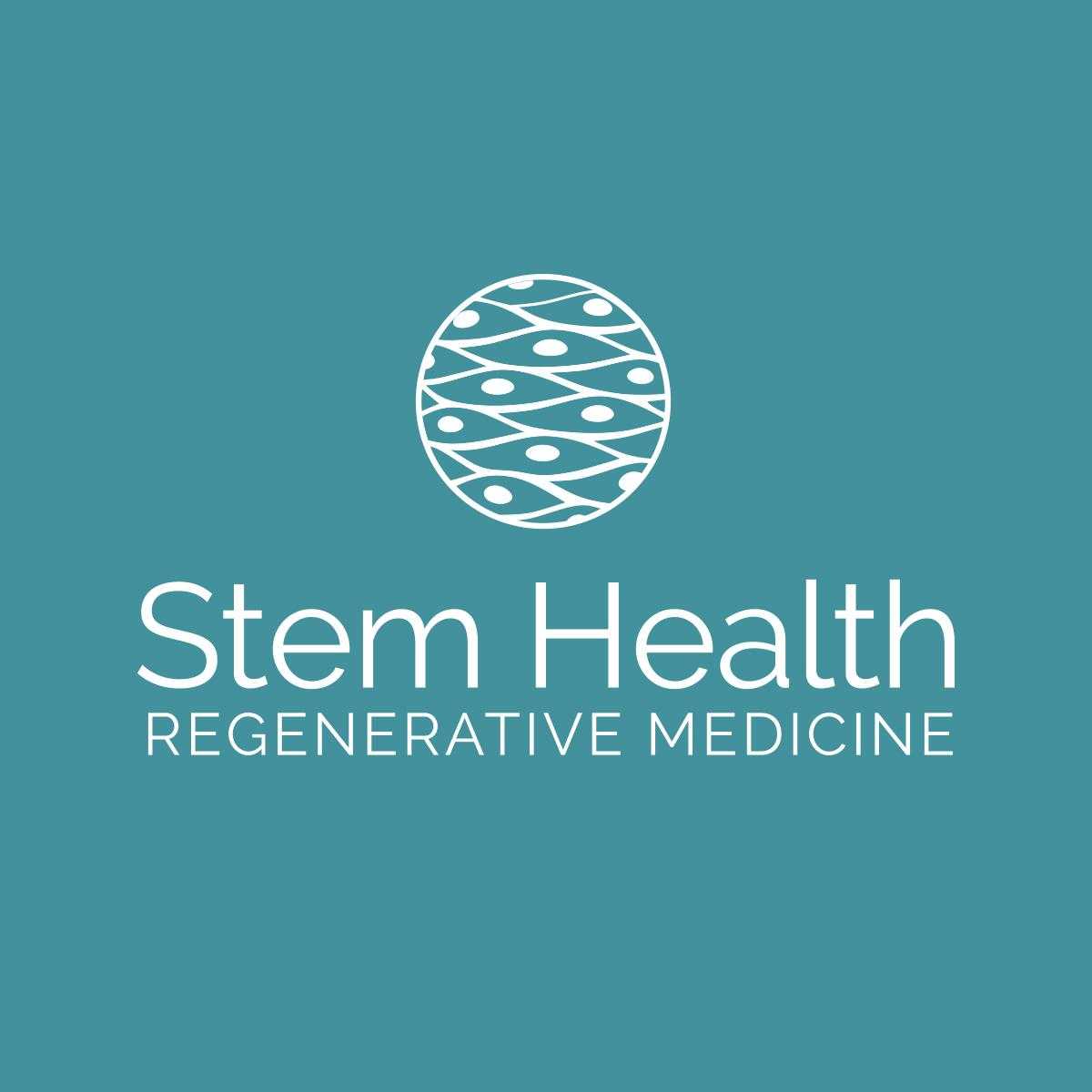

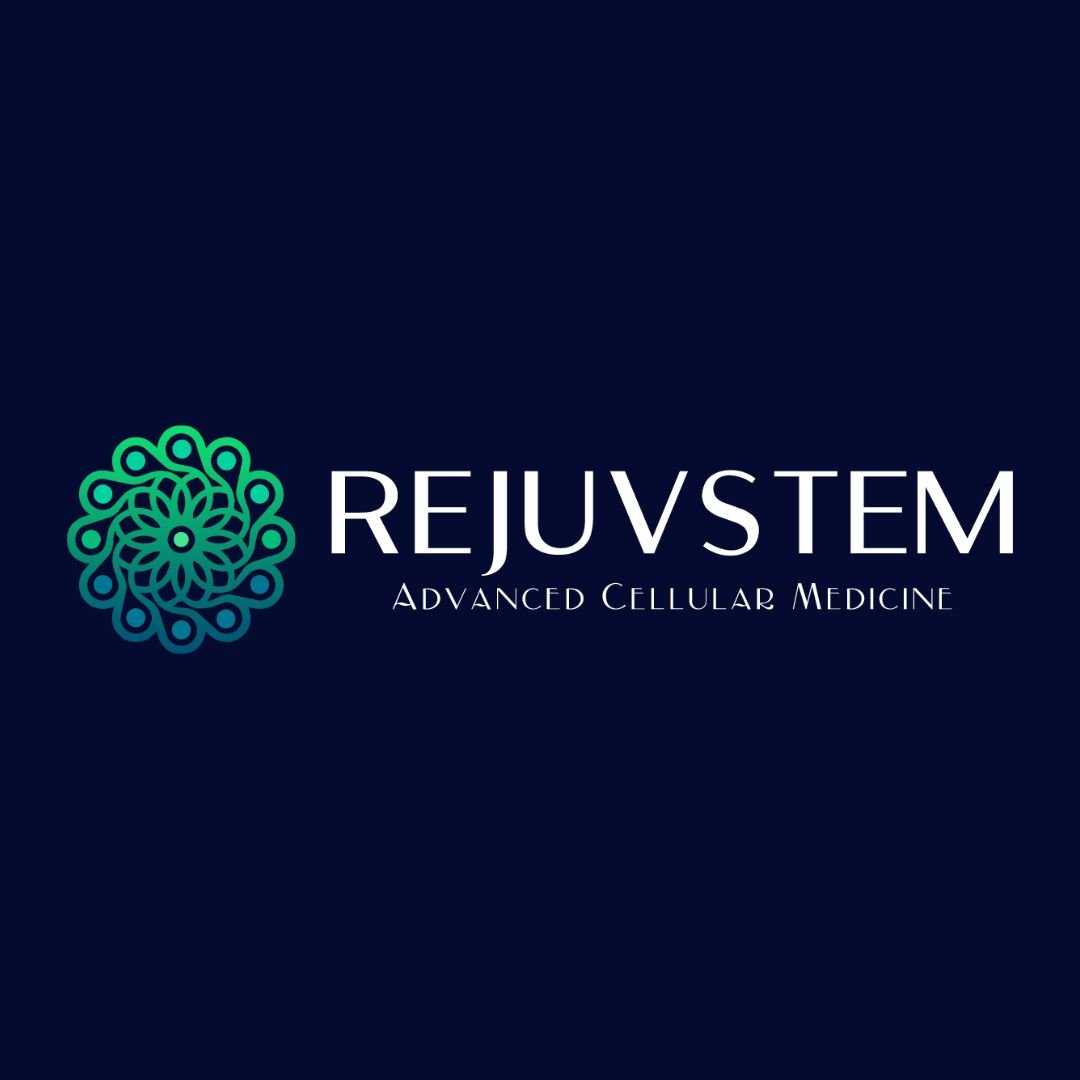
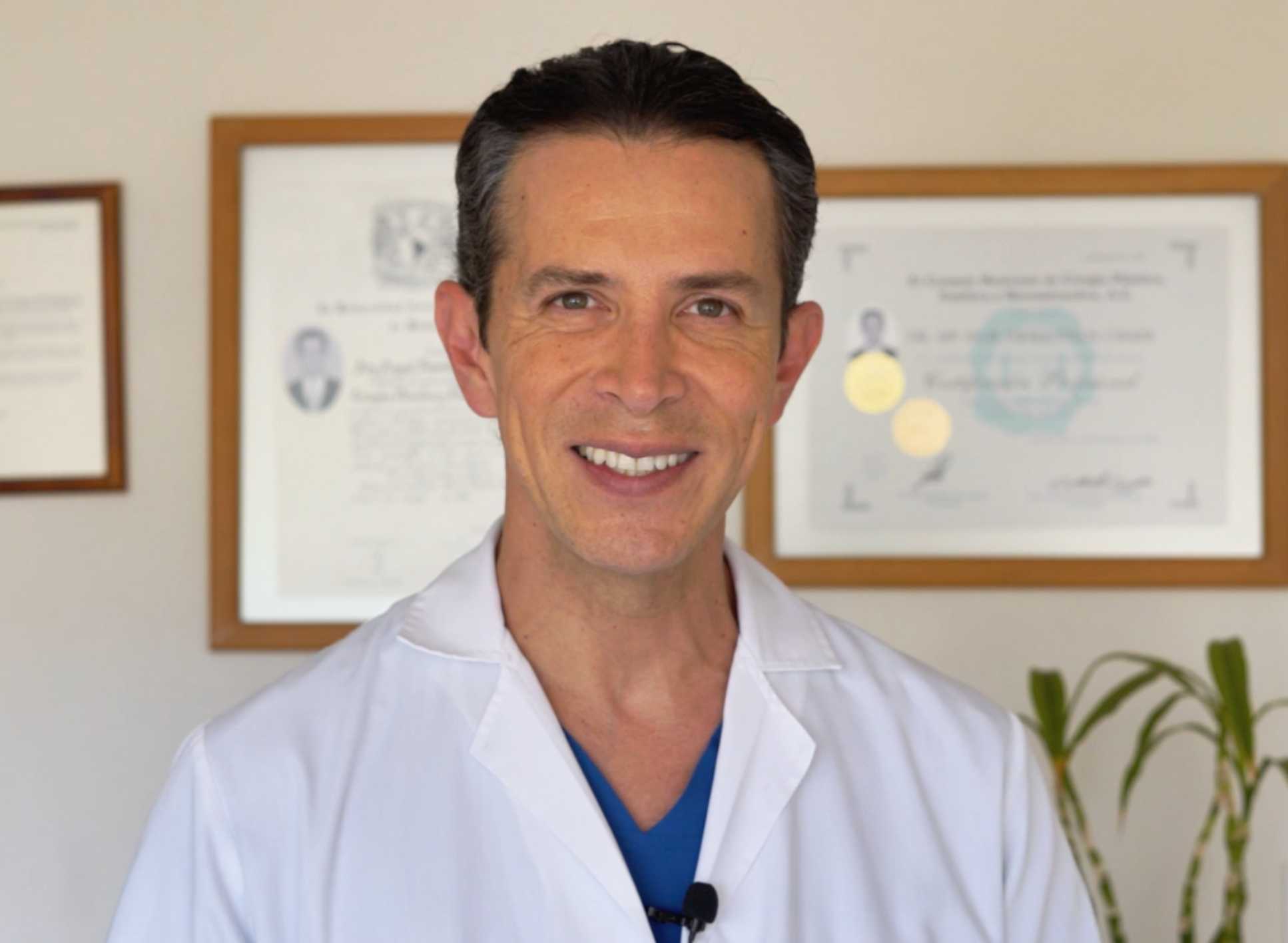

Share this listing